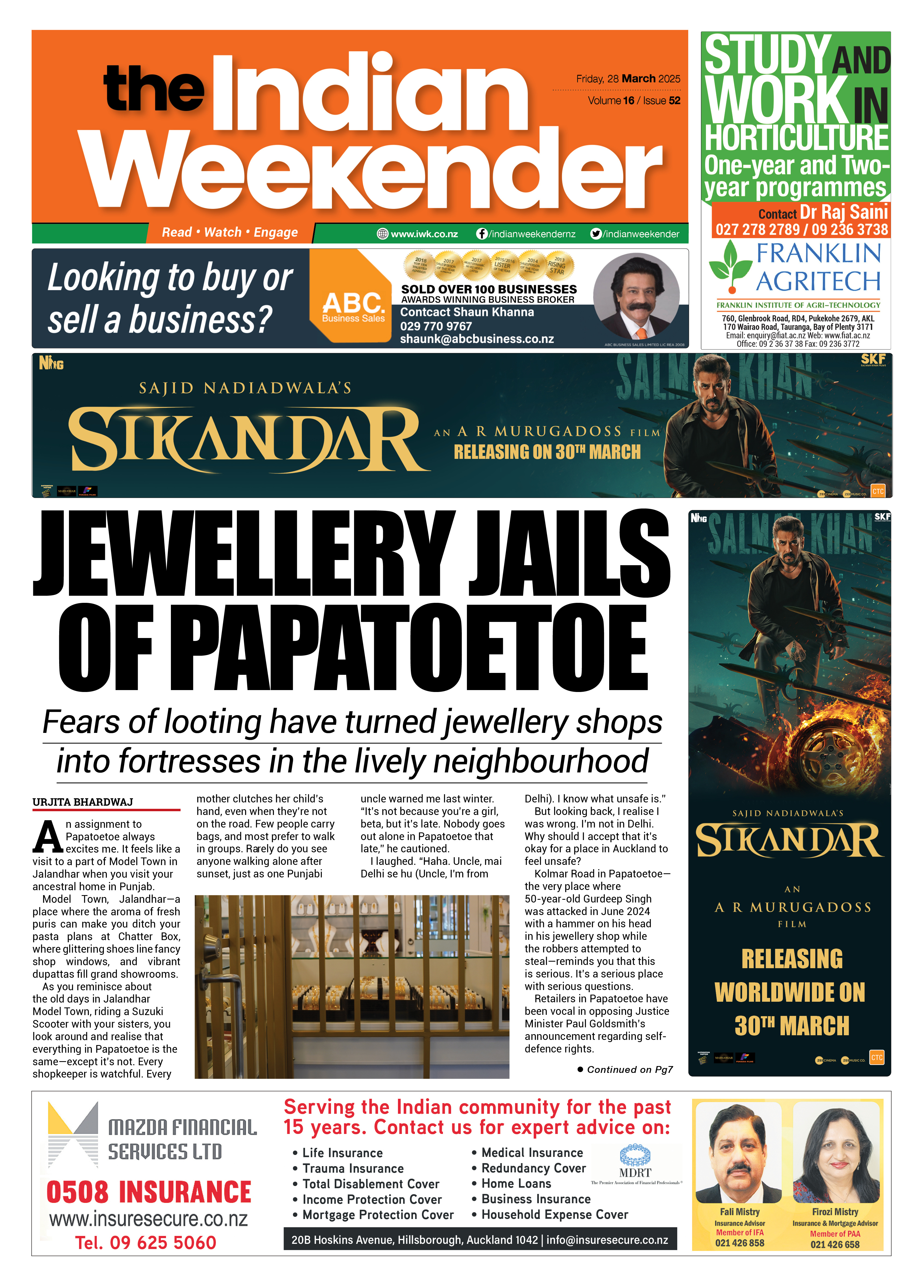Visa Relief For Ill-Advised Students

The government has come to the rescue of students who arrive in New Zealand to pursue higher education but have been ill-advised by offshore consultants, inexperienced licensed advisers or college staff.
New immigration rules announced on November 19, 2024, will benefit students pursuing postgraduate studies who risk losing access to work visas due to poorly understood immigration policies and regulations.
Upgrading from a postgraduate diploma to a master's degree used to unintentionally disqualify individuals from applying for either the one-year or three-year post-study work visa (PSWV).
Students completing a level 8 postgraduate diploma in New Zealand are eligible for a one-year post-study work visa. In contrast, those completing a level 9 master’s degree can apply for a three-year visa post-completion.
However, students who upgrade from a postgraduate diploma to a master’s degree after arriving on shore often face a significant issue - overlapping course content hands them cross credits and allows them to finish their master’s programme earlier than the full duration, which would have been otherwise more than 30 weeks.
Thirty weeks is the course duration that allows master's students to become eligible for a three-year post-study work visa after completing the course successfully.
Here’s the catch: Post-graduate diploma students had to apply for their one-year work visa within three months of completing their course. That cutoff has now been increased to 12 months.
Vandana Rai, a senior licensed immigration advisor at Auckland-based Immigration Advisors NZ Limited, explains how this rule leaves many students in a bind.
“As per earlier regulations, diploma holders had only three months after completing their course to apply for the one-year post-study work visa,” she explained. “Many students miss that window after upgrading to a master’s course. By the time they complete their master’s, they often fall short of the number of months they need to study to claim a three-year work visa- they don’t meet the criteria for either visa.”
The new rules have resolved an issue that caused many international students to spend more and miss out on gaining international and skilled work experience due to poor advice.
Now, students upgrading to a master’s programme can apply for a post-study work visa within 12 months as long as they meet other eligibility criteria.
To clarify, if a student completes a qualification eligible for a PSWV and then immediately pursues a higher-level qualification that doesn’t qualify (perhaps due to not meeting the minimum study duration), they have 12 months from the end date of their student visa for the initial qualification to apply for a PSWV.
The policy change has been widely welcomed by immigration professionals and education advocates. Rai attributes much of the problem to poor advice.
“Quite often, prospective students look for the most economical course that gives them entry into New Zealand,” she says.
“At that stage, some advisers recommend the postgraduate diploma without explaining the further pathway, which would enable the student to gain skilled work experience and allow testing their eligibility for a residence visa.”
Over the past few months, numerous international students have reported finding themselves ineligible for any post-study work visa due to this regulatory gray area. For many, the issue begins even before they arrive in New Zealand, with misleading or incomplete advice from education agencies and marketing reps of education providers. Rai says while the change is welcome, it still doesn’t seem ideal.
“If a student has completed a master’s degree, why not offer them a three-year post-study visa? After all, that’s why they upgraded to a master’s in the first place.” For many students caught in this visa trap, the changes mark a second chance at building a future in New Zealand.





